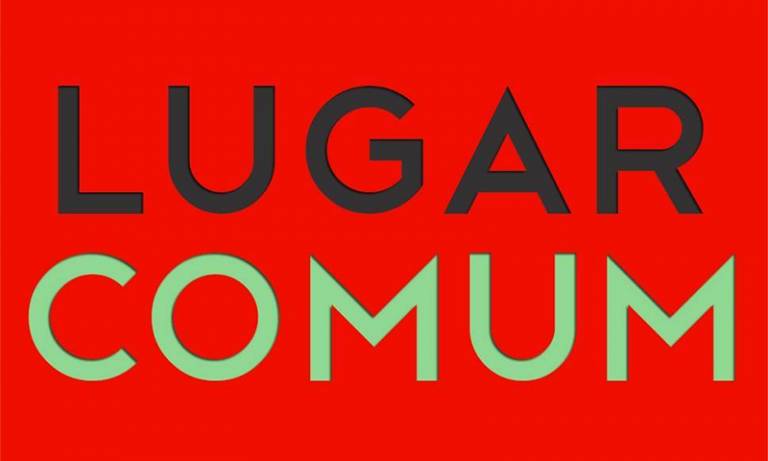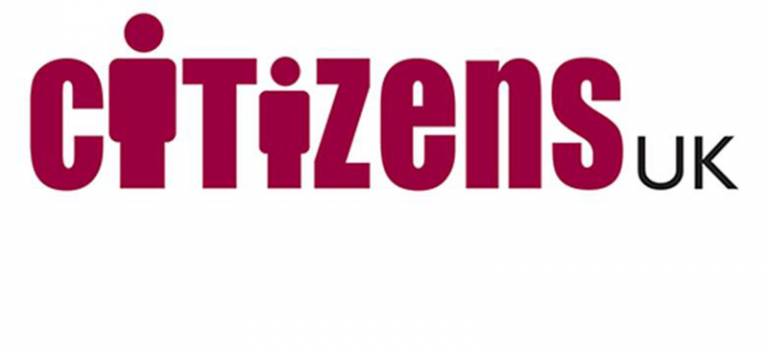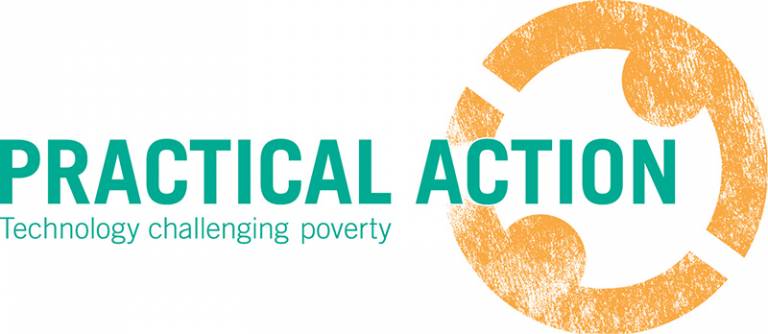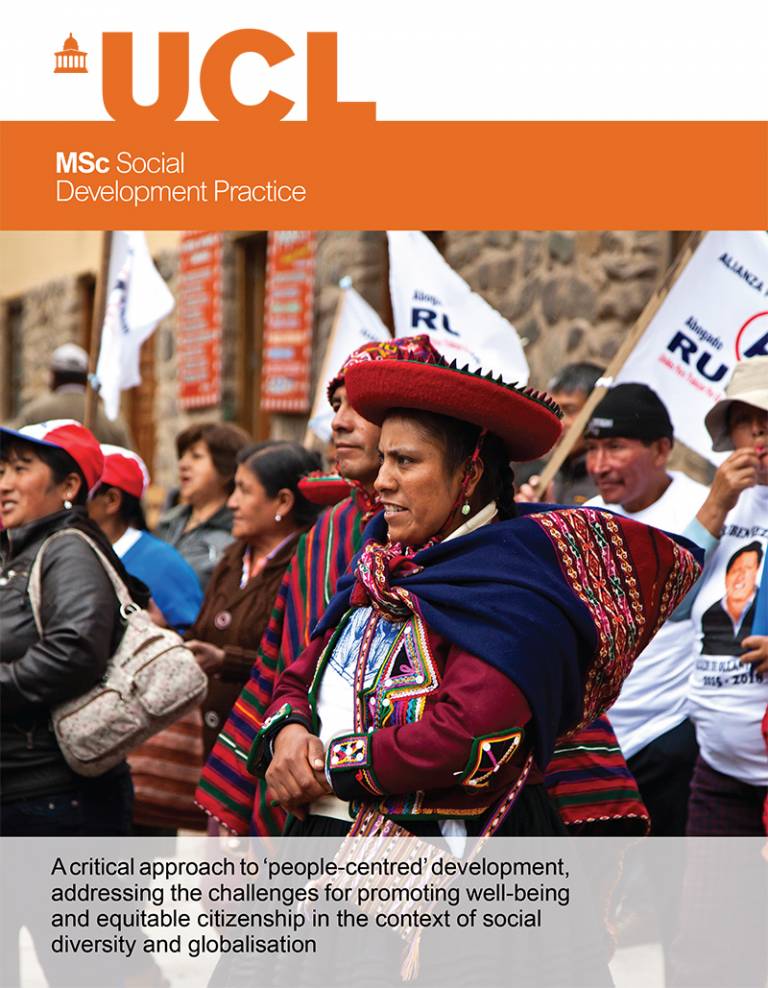Your options for study on the MSc Social Development Practice.
Structure Overview
This intensive, 12-month (full-time) or 24-month (part-time) programme consists of
- Three core modules (90 credits) that are compulsory for all students;
- A choice of one or two optional modules (making up a total of 30 credits); and
- A dissertation report (60 credits), where students can explore their own research interests.
Teaching and Learning Approach
The course is delivered through a range of lectures, seminars, workshops and tutorials in which students are expected to be actively involved in activities such as online exchanges, discussions, debates, and presentations. There is a strong focus on learning through practice, as one of our core modules is deeply embedded in fieldwork in London and abroad.
In the field, student groups are expected to engage proactively, reflexively, and with a great deal of independence in intensive and often challenging processes of action research, in collaboration with communities and social development practitioners. In addition to acquiring specific thematic knowledge, students therefore develop transferable skills essential to a career in social development practice.
Core and Optional Modules
The core course modules provide the theoretical and methodological components of the course. They introduce participants to the theoretical debates that underpin social development policy and practice generally, and poverty reduction specifically. The optional modules allow students to examine different problems and approaches in accordance with their own particular interests.
The bulk of teaching takes place in the first and second terms, allowing students to focus on preparing for and undertaking the field trip in the third term. Please see the Content section for a detailed breakdown of the modules.
Fieldwork
London fieldwork
As part of the core module ‘Social Development in Practice’, students embark on a London-based action learning project early in the first term. The project entails a significant amount of independent and self-directed group work, with guidance from staff, and in partnership with civil society and community organizations.
The London fieldwork enables students to begin developing, through practice, the knowledge, techniques and skills required from social development practitioners on the ground. The skills learnt are directly transferable to the overseas field trip which takes place later in the year.
Action research projects in recent years have contributed people-centred perspectives on ‘regeneration’ efforts in East London, the ‘HS2’ high-speed rail development in Euston, and a citizen-led housing campaign aimed at the London mayoral candidates. Find out more on our London fieldwork page.
International field trip
The international field trip, which takes place in the third term, is a key, integrating, practical exercise that helps draw the various elements of the course together and demonstrates their utility and application to a real life situation.
As an integral component of the Social Development in Practice module, the field trip is compulsory for all participants. Flights, insurance, accommodation and a range of other fieldwork-related costs are covered by the DPU, while students cover their personal spending on food and incidentals.
Prospective applicants should be aware that the fieldtrip is not a holiday but a period of active engagement and intensive work in a developing country, where students conduct practical social development work amid the living conditions and everyday risks to be expected in such a context.
Past engagements have taken place in Tanzania, Kenya and, most recently, Brazil. Find out more on our overseas fieldwork page.
Workshops
In addition to the assessed components of the course outlined above, all students also attend two key workshops in the first term of study.
- Development Workshop. At the start of the first term, this three-session workshop is aimed at introducing you to the current debates and issues surrounding the international development and planning. It is designed to give all participants an initial introduction to the current state of thinking about, and action on, the key subjects that concern us at the DPU. This includes discussion and debate about the character, causes and consequences of ‘development’ – economic, social, cultural and environmental – and how ‘planning’ interventions at global, national and local levels in urban and rural areas contribute to it. The character of the Workshop is interactive, with students participating directly in discussing, formulating and presenting individual and collective responses to presentations, readings and arguments provided by members of DPU staff.
- Development Planning in Practice: Windsor Workshop. A three-day, partly residential workshop held in London and at Cumberland Lodge, located in the beautiful surroundings of Windsor Great Park. Through an innovative simulation of a development context in Dar es Salaam, the workshop explores the motivations and interests of national and local government, civil society, slum dwellers, international aid agencies, financial institutions and private enterprises; and the ways in which negotiations between these different stakeholders can determine the creation of space for collaborative approaches to city development. The cost of transport, accommodation and meals will be met by the DPU.
Dissertation Report
In addition to the taught and practice components, students will complete a Dissertation Report (60 credits) on a topic selected by themselves but which is related to the courses studied and approved by their supervisor. Examples of SDP Dissertation Reports from the last four years include:
- Citizenship in Indigenous Australia - Can Equality be Reconciled with Difference? A Policy Critique of the Income Management Regime in the Northern Territory (2014-15)
- Relational Ageing and International Policy Networks for the Rights of Older People: A Network Perspective on Older Age and the Sustainable Development Goals (2014-15)
- The Citizen Income, Gender Justice and Care Work: a Transformative Strategy (2013-14)
- Does a Revolution of Rights Require a Revolution of Space? Graffiti and the Right to the City in Cairo, Egypt (2013-14)
- Redevelopment and the Importance of Preserving the Community: Interpreting the Dharavi Project (2012-13)
- Implementation of Inclusive Citizenship for Chinese Rural to Urban Migrants (2011-2012)
 Close
Close





